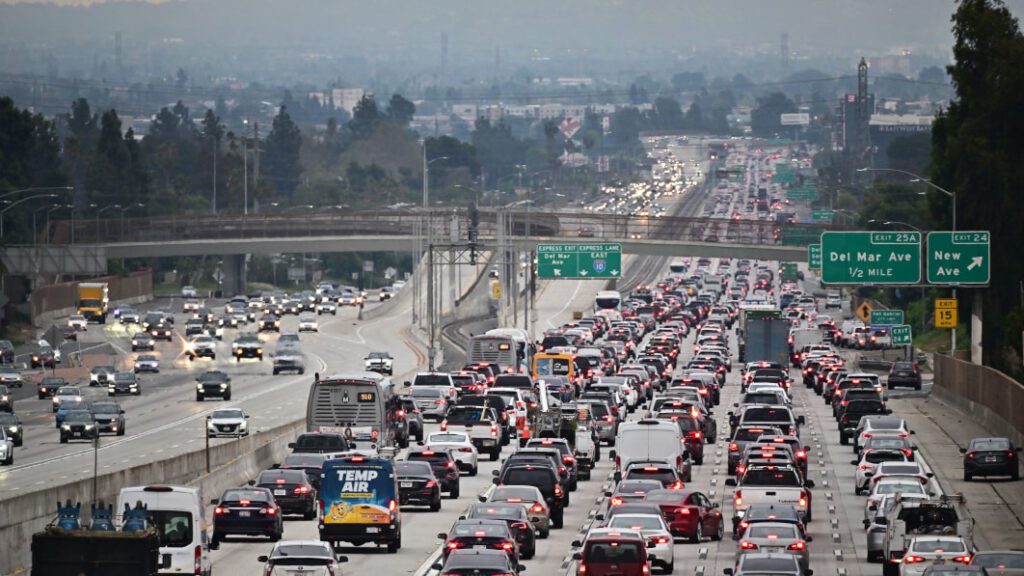Automakers wary of other states adopting California's 2035 EV mandate

WASHINGTON — Major automakers said on Wednesday that a California plan to end the sale of gasoline-only vehicles by 2035 might be unworkable in 11 other states that adopted it, citing insufficient consumer demand.
The Alliance for Automotive Innovation, which represents most major automakers except Tesla, raised concerns in comments filed with the U.S. Environmental Protection Agency on California’s proposal.
The California Air Resources Board (CARB) asked the EPA for a waiver under the Clean Air Act to implement its plan to end sales of gasoline-only vehicles by 2035.
California’s EV requirements might be feasible “at least in the early years for California” but said the feasibility for other states with significantly lower current EV sales “is far less certain,” the auto industry group said.
The onus for complying with the rules rests with automakers but it is unclear “whether customers in each jurisdiction will accept (zero-emission vehicle) technologies and purchase them in sufficient quantities. These are largely beyond the control of automakers,” the group that represents General Motors, Toyota, Volkswagen and others said.
CARB said in response: “States that have adopted California’s program understand that clean cars improve public health and address a global challenge.”
AAI said that in order to meet the 2035 goal sales of electric, plug-in electric hybrid or hydrogen fuel cell vehicles will need to more than double in all but one state adopting California’s rules and triple in five.
EPA did not immediately comment.
Separately, the American Petroleum Institute, an industry group, urged EPA to reject California’s plan, which it said represents “the ultimate regulatory intervention.”
President Joe Biden’s administration has avoided setting a date to phase out the sale of gasoline-only vehicles.
The EPA in April separately proposed rules to cut vehicle emissions through 2032, forecasting that 60% of new cars produced by automakers would need to be EVs by 2030 and 67% by 2032 to meet requirements. Reuters reported this month the EPA plans to soften yearly requirements through 2030.
California’s rules start in the 2026 model year and would cut smog-causing pollution from light-duty vehicles by 25% by 2037. They mandate 35% of new cars sold must be electric or plug-in hybrid by 2026. That proportion will rise to 68% by 2030 and 100% by 2035.
California’s rules require by 2035 that 80% of all new vehicles sold in the state be electric and no more than 20% plug-in hybrid electric.
Chrysler parent Stellantis said in December it would temporarily cut one shift at its Detroit assembly plant that builds Jeep sport utility vehicles, citing California EV regulations.




